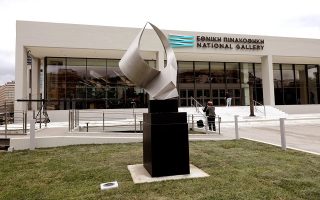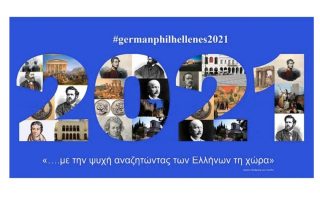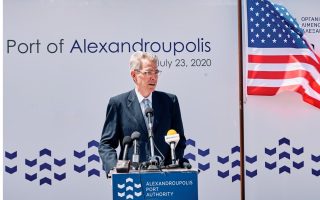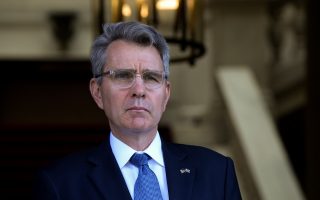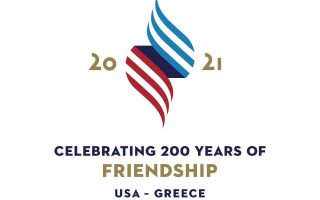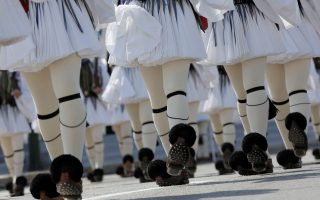1821, Greece and Venezuela
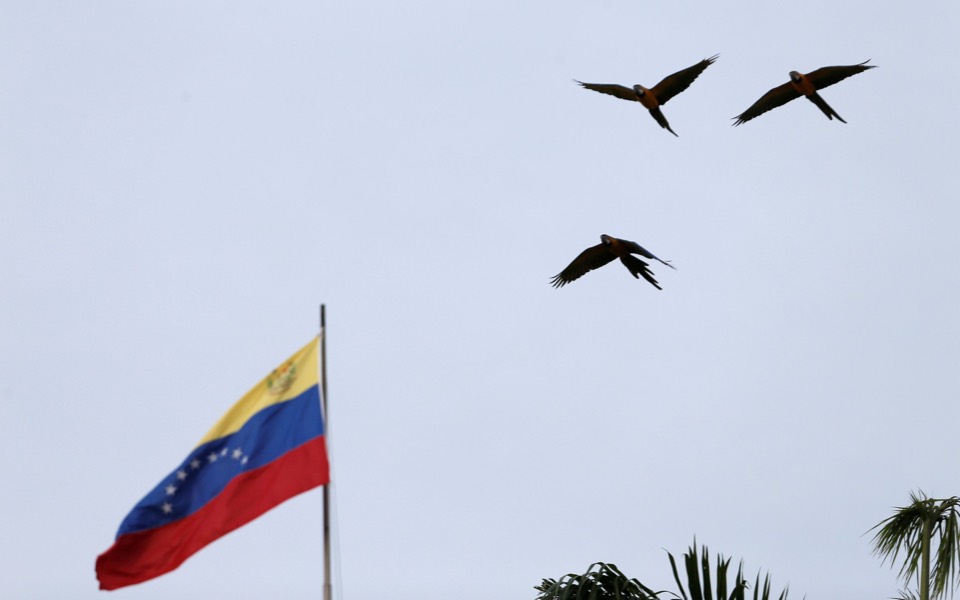
In March 1821, Venezuela entered the ninth year of its long battle for freedom. Greece, on the other side of the Western Hemisphere, rushed to raise the flag of the cross as a sign of its own revolution. By coincidence, both peoples achievedtheir independence and sovereignty in 1830, marking the dawn of a shared destiny and of a common desire to live in democracy.
On June 24, 1821, after negotiations with Venezuela’s colonial rulers broke down, local freedom fighters fought at Carabobo, the most decisive battle of the many fought to secure Venezuelan independence. By 1823, remnants of the Spanish naval fleet were destroyed in Lake Maracaibo, and Spain’s last redoubt, the Castle of San Felipe in Puerto Cabello, was taken. In this way, Venezuela’s war of independence was won; and Venezuelans subsequently led the struggle for freedom elsewhere in South America.
At exactly the same time, the winds of freedom were blowing through Greece. On March 25, 1821, Greek patriots swore “freedom or death”, and the flag of the Greek revolution was blessed by Bishop Germanos in Agia Lavra. Thus, Greek and Venezuelan patriots unmindful became bound by a common ideal.
The Enlightenment catalyzed the patriotic cause on both sides of the Atlantic. Latin American patriots like Bolívar, San Martín, Sucre, and Francisco de Miranda, who in 1786 became the first American to visit Athens, were the echoes of Ypsilantis, Botsaris, and Kolokotronis. Scholars like Adamandios Koraís and Andrés Bello cultivated and proselytized, among Greeks and Venezuelans respectively, the ideals of freedom and equality they inherited from the French enlightenment and the Greek classics.
The influence of the Greek and Latin American emancipatorsis a beautiful, untold, and common story: a long, unfinished volume of history. The enlightened elites of Venezuela rose in arms, inspired by the deeds of the Greek people as told by Herodotus, Thucydides, and Plutarch. Meanwhile, Greece’s pro-independence newspapers published excerpts from Simon Bolívar’s speeches, and commented on his military feats. Lord Byron, the greatest of the philhellenes, deeply admired Bolívar and expressed his desire to join the Venezuelan struggle; indeed, on the Committee for the Independence of Greece in London, Byron sat alongside Edward Blaquiere, who in four extensive letters to Bolívar’s aide-de-camp, Irishman Daniel Florence O’Leary, expressed his unconditional support for the independence of Spanish America.
The rest is (little-known) history. Byron set sail with arms and ammunition to liberate Greece. He christened his yacht Bolívar. Thus, destiny for the two nascent nations was forever intertwined. We coexisted in history two hundred years ago under a common vision, and today Greece is inspiring and supporting all Venezuelans so that we can both once again rejoice in freedom and democracy.
Eduardo Massieu Paredes is the envoy of the interim president of Venezuela, Mr. J. Guaidó.
